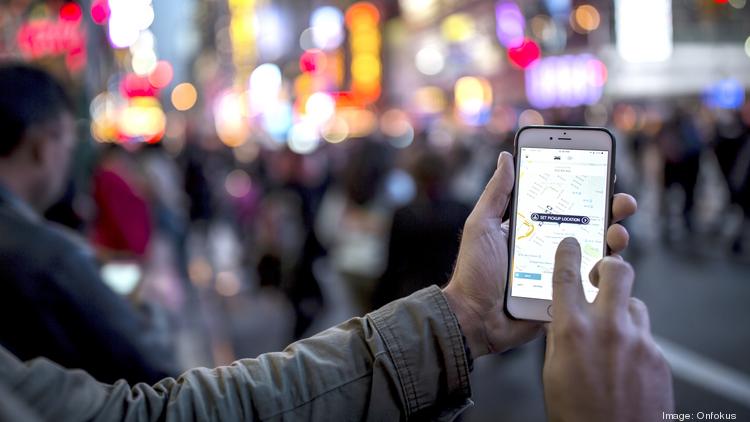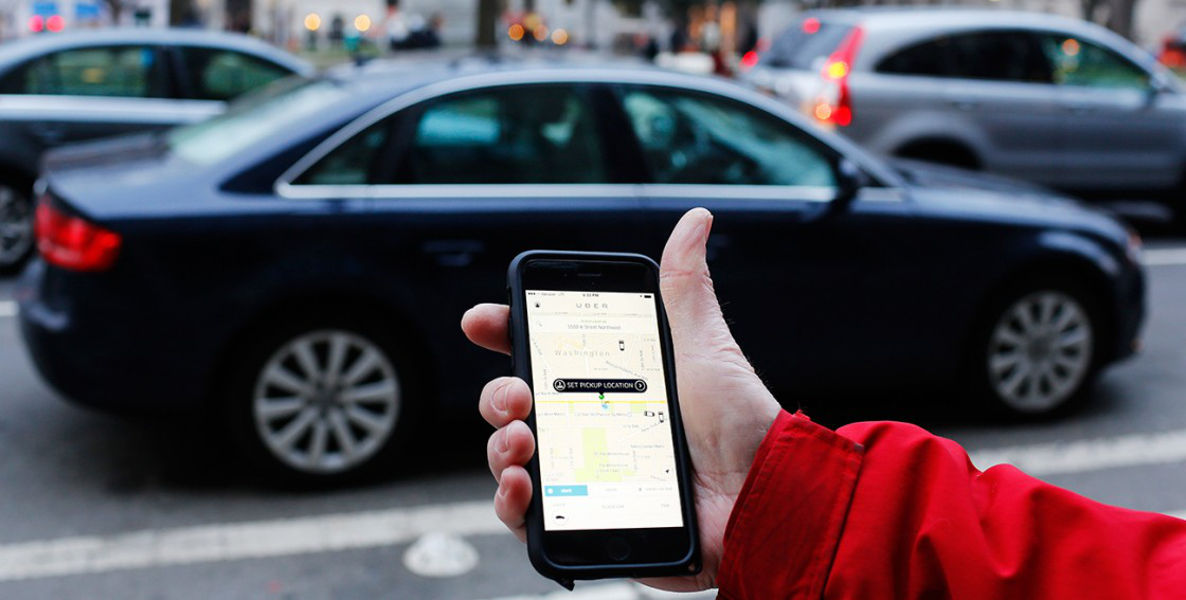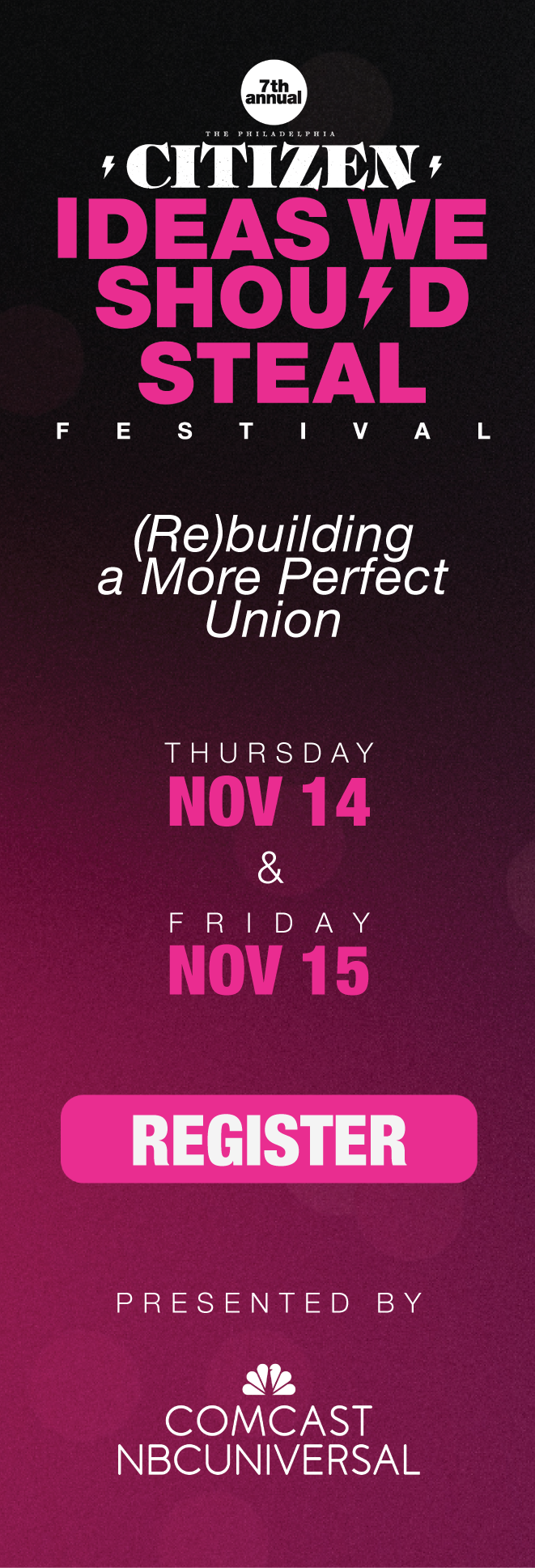In early July, the Philadelphia Parking Authority decided, somewhat unexpectedly, to temporarily legalize the operation of the Uber X ride-sharing service in Philadelphia. Though operating quite flagrantly and extensively in the City since 2014, Uber X has until now been deemed illegal by the PPA, the agency with regulatory jurisdiction over the taxi industry. Since the PPA has fewer than a dozen agents to police the operation of 1,600 medallion cabs—let alone an estimated 12,000 Uber X drivers—enforcement has been negligible at best. (The Uber Black service has been legal since it entered the Philadelphia market, since it operates through traditional limousine companies that are licensed by the PPA.)
But citing the Democratic National Convention and the recent decommissioning of one-third of SEPTA’s regional rail fleet due to equipment issues, the PPA made a unilateral decision to allow Uber X to operate for 90 days, and the state legislature legalized this decision at the end of its session. The Taxi Workers Alliance of Pennsylvania (TWA), which represents thousands of medallion cab drivers, immediately filed suit to stop the move. At a hearing held on July 22, a judge allowed the 90-day trial period to proceed, but hinted that regulatory clarity and parity between medallions cabs and ride-sharing services must be the goal.
For the past few months, it seemed as if the legislative process in Harrisburg might yield a compromise that at least took into consideration the needs of all sides of this contentious debate—Uber and its drivers, the medallion industry, taxi workers, consumers, and others, including the disability rights community, which has contended that Uber X fails to provide sufficient service to passengers in wheelchairs.
As much as I have serious reservations about Uber’s Big Brother-ish technologies of control and the entire “sharing” economy’s reliance on the exploitative “independent contractor” model, I think Uber represents perhaps a better opportunity for drivers to build some real power against a single major company that, whether it will ever admit it or not, is basically an employer.
As anyone not living on Mars knows, Uber connects owners of ordinary vehicles to customers seeking on-demand point-to-point transportation using a mobile application that allows customers to precisely track the arrival of their ride and pay in via credit card. Uber has sparked major debates in every “medallion” city it enters, as it challenges the right of regulators to control the operation of on-demand transportation and the right of the medallion owners to maintain an oligopoly over the supply of allowable vehicles. Questions have been raised about the safety of Uber X vehicles, drivers’ operating without a commercial drivers’ license, sufficiency of insurance, and adequacy of background checks, to name a few.
Uber has also sparked controversy in the arena of labor law, since Uber claims that its drivers are “independent contractors” and not “employees,” despite evidence that Uber exerts substantial control over drivers’ working conditions via its technology. As someone who organized low-wage workers professionally for a decade, and who also served a brief stint in a consulting role as executive director of the Greater Philadelphia Taxi Association as it sought to expand wheelchair accessibility, this controversy highlights for me some of the real contradictions in this evolving space.
First, there are few industries more generally exploitative than the taxi industry. Medallion owners have all the money and most of the power. With medallions trading at half a million dollars or more in Philadelphia, they are out of reach of ordinary drivers (though there are still a considerable number of drivers who bought medallions back in the 1990s when they were cheap and have held on to them). Drivers lease this piece of metal from the owner, buy insurance from brokers (often major medallion owners themselves), and often lease cars from them as well. Drivers must obtain a taxi license, at personal expense. Finally, they must become a “member” of a dispatch “association,” whose colors and logo they display.
In sum, taxi workers in the medallion system are hundreds of dollars in the hole before their first shift begins. The whole system bears more than a slight resemblance to sharecropping.
Admirably, leaders like TWA’s Ronald Blount have stepped up and done some of the City’s best organizing in recent years. They have helped move the needle for drivers, in many instances working with the medallion owners for concessions from the PPA. The drivers have lobbied, used the courts, and taken to the streets. They have also formed a cooperatively owned dispatch company. This is all great and necessary stuff, from my perspective
Yet even this concerted organizing has not challenged or changed the basic neofeudal structure of the system. Drivers continue to exist in a precarious legal situation, in which they have few labor rights, not even workers comp—a real shame considering that taxi work is among the most dangerous of occupations.
Along comes Uber, a tech company that bends if not breaks most of the rules. As is the case with most medallion taxi drivers, Uber drivers are responsible for providing the car and insurance. Yet unlike medallion cabs, in which drivers get much if not most of their fares from street hails and not the dispatch system, Uber drivers are completely subject to the control of the Uber software. Ultimately, I believe, they will have a strong case to be classified as workers and thus subject to the protections of labor law. (In fact, on July 21 a federal judge granted Uber Black drivers standing as a class in a case that could decide this question.)
In sum, taxi workers in the medallion system are hundreds of dollars in the hole before their first shift begins. The whole system bears more than a slight resemblance to sharecropping.
One thing is certain: Uber has created a superior transportation system, from the point of view of consumers. This is more evident in sprawling cities with inadequate mass transit, like Atlanta or Orlando, than it is in NYC or Philly, but even here it is far easier to get an Uber than a medallion cab, at least everywhere outside of Center City. As a resident of a neighborhood outside the Center City core, I generally have to walk several blocks to hail a cab, or I can call a dispatch service and wait a totally unpredictable 5 to 25 minutes. With Uber, I know precisely when my ride will show up.
People ask why the medallion cabs don’t adopt Uber-like technology. The answer is simple: Medallion owners, those with the capital, are not running a transportation system, but are basically rent-seeking “landlords,” so to speak. They get paid by the drivers regardless of whether a single car picks up a single passenger.
The dispatch companies could potentially create such a system, but there are about a dozen of them in Philly and in order to be as efficient as Uber they’d have to collaborate. (To be fair: Taxi Magic’s “Curb” app is a step in the right direction, but it still only represents a fraction of the City’s medallion cabs because only a few of the dispatch companies use the Taxi Magic system, and it has yet to take off.) They’d also have to exert more control over the labor of their members—the drivers—thereby changing the fundamental relationship so they become more like employers. This would in turn open themselves to both adherence to basic labor protections like minimum wage laws and workmen’s comp as well as the threat of collective bargaining—the avoidance of which was one of the reasons for the medallion and “independent contractor” system to begin with.
So I find myself faced with a dilemma: I admire few organizations as much as the TWA. But I am skeptical that even their smart and strategic fight to improve the medallion system is going to lead to anything like real structural power for drivers. As much as I have serious reservations about Uber’s Big Brother-ish technologies of control and the entire “sharing” economy’s reliance on the exploitative “independent contractor” model, I think Uber represents perhaps a better opportunity for drivers to build some real power against a single major company that, whether it will ever admit it or not, is basically an employer. My bet is that the courts will eventually agree and Uber drivers will be able to act like workers and demand more rights, including bargaining rights. If this happens, it will be interesting to see how the medallion industry—both owners and drivers—reacts.
Jeff Hornstein, former executive director of the Greater Philadelphia Taxi Association, is a resident of Queen Village.
Photo header: Flickr/Mark Warner







